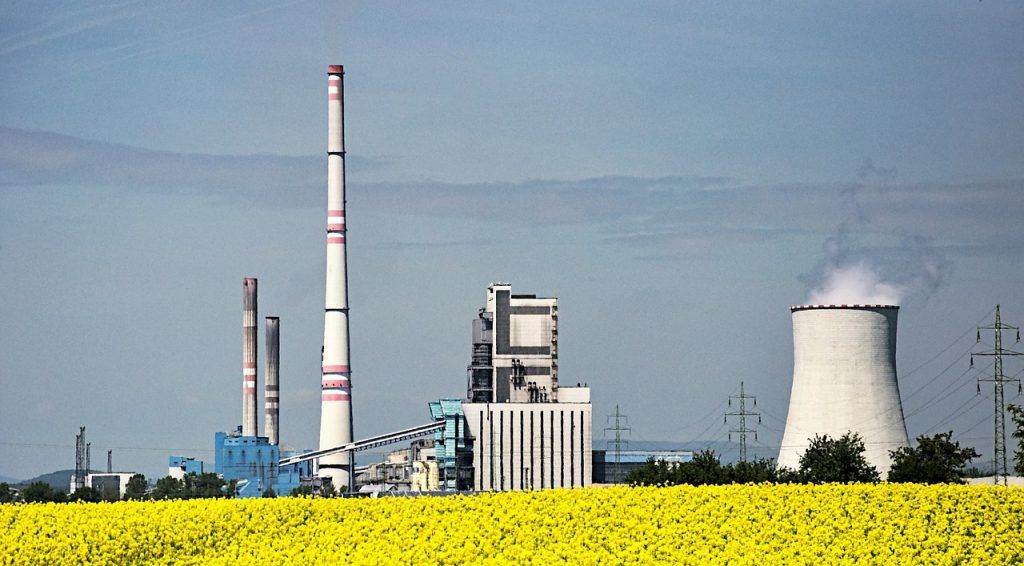At a meeting of the World Trade Organization (WTO), Brazil, India and the United States highlighted aspects of promoting the use of biofuels.
Biofuels are fuels that can be used in internal combustion engines or jet engines, but are not derived from fossil fuels.
They are produced from the fermentation of biological matter; however, their emission reductions may be only marginal.
In contrast, advanced biofuels are made primarily from crop residues and used cooking oils and can offer significant emission reductions.
For example, for a biofuels company to be included in the portfolio of the Carbon Collective Climate Solutions U.S. Equity ETF, advanced biofuels must account for 50-100% of its biofuels production by revenue.
At the November 2023 meeting, Brazil, India and the United States provided information on the Global Biofuels Alliance (GBA).
Biofuels
Brazil outlined three main future actions to boost biofuels adoption, namely: capacity building and technical support for developing markets; fostering collaboration on biofuels technology; and a common understanding on performance-based sustainability assessment and other standards for more accurate reporting of greenhouse gas emissions.
Brazil also noted that international trade is critical to achieve a scale that makes biofuels economically viable, and the WTO has the critical mass to promote global cooperation.
India added that the GBA was launched during the G20 Leaders’ Summit, under India’s chairmanship, and was intended to be a catalytic platform for promoting knowledge sharing and the widespread use of biofuels.
In addition, India mentioned that 19 countries and 12 international organizations were part of the initiative at the time it was launched.
Energy
The United States stressed that biofuels remained important in the deployment of cleaner and greener fuels, which could be used at scale to achieve climate goals while stimulating domestic growth and Members’ sustainable development objectives.
Biofuels also complemented domestic energy production and promoted energy security by diversifying supply chains.

